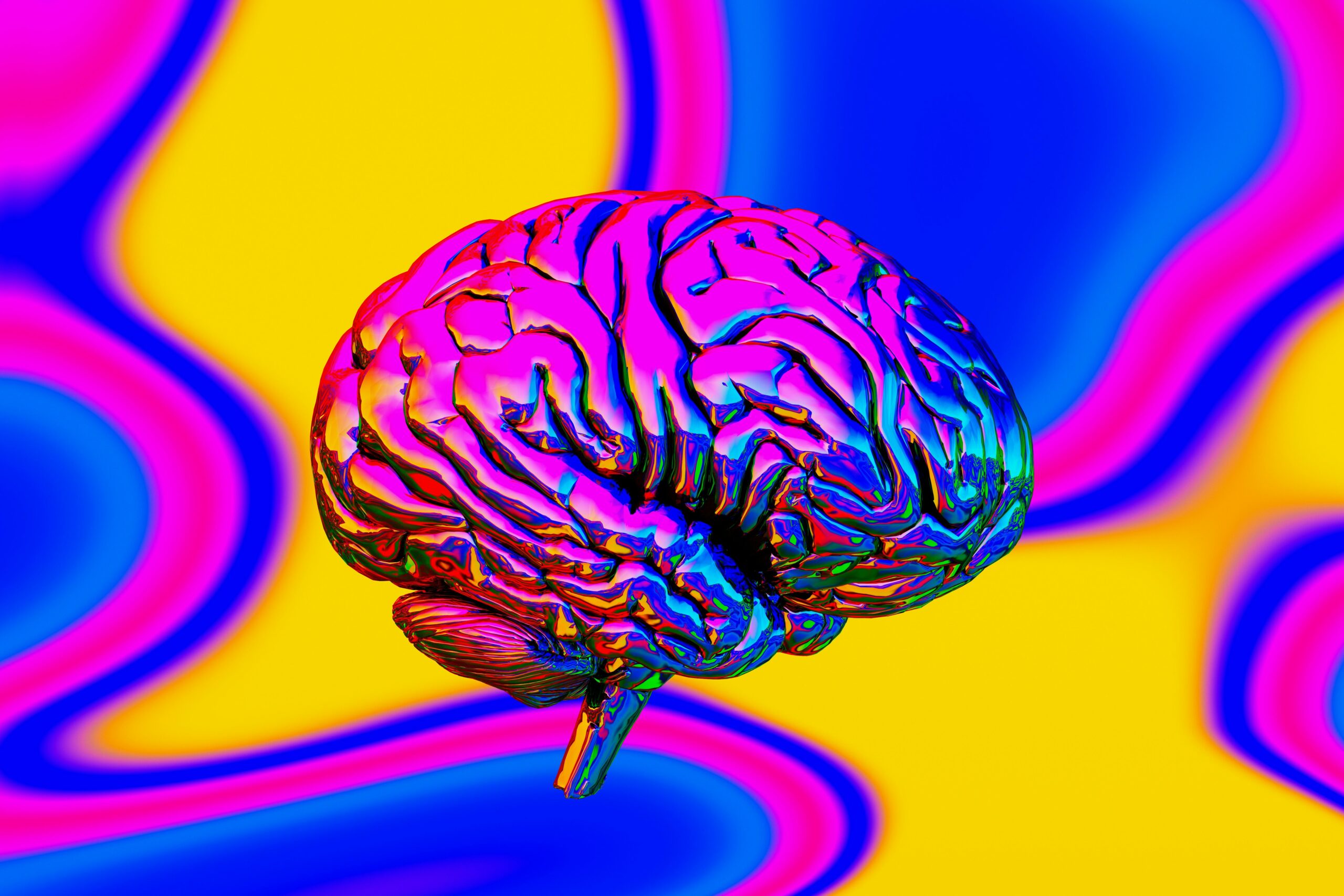Unlock the Mind Hacks of ‘SuperAgers’ That Science Swears By to Stay Sharp and Crushing Life at Any Age!
Ever wonder what it’s like to have the brainpower of someone half your age, even when you’re well into your 80s? Sounds like a sci-fi dream, right? Well, Northwestern University has been on a 25-year mission, diving deep into the lives of these extraordinary folks dubbed “SuperAgers.” These are the over-80 crowd whose brains operate like those of middle-aged champions—losing less volume and dodging dementia’s creep. And guess what? The secret sauce they seem to share isn’t some crazy diet or intense workout routine—it’s their buzzing social lives! Yup, it turns out staying connected, chatting up a storm, and being downright social might be the real deal for locking in that sharp mind. Intrigued to know more about these brainy dynamos and what their study uncovered? LEARN MORE
- Northwestern University is conducting ongoing research into SuperAgers and just released a new study published in Alzheimer’s & Dementia based on 25 years of data collection.
- SuperAgers are individuals 80+ with cognitive function that’s on part with a middle-aged person.
- The SuperAgers had one interesting characteristic in common, which was related to their social life.
In a perfect world, we’d all stay mentally sharp until the very end. Unfortunately, that tends to be the exception rather than the norm. But ongoing research following the health habits of older adults with exceptional cognitive health has found some really interesting takeaways the rest of us can steal.
These so-called “SuperAgers” are 80 or older, with cognitive function that’s on par with an average person who is middle-aged. (Think: An 85-year-old with a 55-year-old’s brain function.) They also have less brain volume loss than is typical for someone of their age, and seem to be better protected from developing dementia compared to their peers.
Naturally, researchers want to study them, and Northwestern University has ongoing research that tracks these SuperAgers—and they just released findings after 25 years of studying these medical phenoms….
Meet the experts: Clifford Segil, DO, is a neurologist at Providence Saint John’s Health Center in Santa Monica, CA; Scott Kaiser, MD, is a geriatrician and Director of Geriatric Cognitive Health for the Pacific Neuroscience Institute
What exactly did the study find?
The scientific perspective paper, which was published in the journal Alzheimer’s & Dementia, is part of ongoing research into said SuperAgers. It notes a lot of interesting factors, like that SuperAgers have less brain thinning as they get older compared to other people of the same age, and that they have less Alzheimer’s disease–type changes in the brain. As the research is still ongoing, scientists aren’t exactly sure why this is the case.
But the researchers also discovered that SuperAgers tend to share certain lifestyle and personality traits. A key one worth noting: These older adults tend to be highly social and outgoing. (We can get on board with that!)
Why does socializing help your memory as you age?
There are a few possible things going on here. The researchers found that SuperAgers have more than four to five times the number of large, spindly neurons called von Economo neurons in their brains, which are thought to play a role in social processing and awareness. (It’s just not clear if being socially active causes this or if you tend to socialize more when you have more of these neurons in your brain to begin with.)
But there is a growing push for people to stay social as they age for health reasons. “Chronic isolation can be as bad for your health as smoking,” says Scott Kaiser, MD, a geriatrician and Director of Geriatric Cognitive Health for the Pacific Neuroscience Institute. “Conversely, we know that healthy social connections are critical for improved cardiovascular health, neurological health, and reducing your risk of dementia.”
Staying social lowers overall stress levels and increases levels of the feel-good hormone oxytocin, Kaiser points out. He also notes that people who feel well connected to others may be more likely to make healthy choices around their diet, drinking, and lifestyle—and that could support good physical and mental health even more.
But socializing also just works your brain, especially when you’re communicating with several people at once, says Clifford Segil, DO, a neurologist at Providence Saint John’s Health Center in Santa Monica, CA. “The brain pathways required to juggle an interaction with multiple people is more complex and requires more processing space than a one-on-one interaction,” he says. Basically, being socially active is a workout for your brain.
Other ways to protect your brain as you age
Segil recommends doing a few things to protect your brain health as you get older. “I continuously advise my aging patients that structure is beneficial for the brain,” he says. “I advise people to take classes as they age.” Joining clubs, volunteering to help others, listening to music, and reading books can put your brain to work, too, he says.
But Segil also stresses the importance of being social as much as possible. “There are only potential benefits from being more social as you age,” he says.
Korin Miller is a freelance writer specializing in general wellness, sexual health and relationships, and lifestyle trends, with work appearing in Men’s Health, Women’s Health, Self, Glamour, and more. She has a master’s degree from American University, lives by the beach, and hopes to own a teacup pig and taco truck one day.




















Post Comment